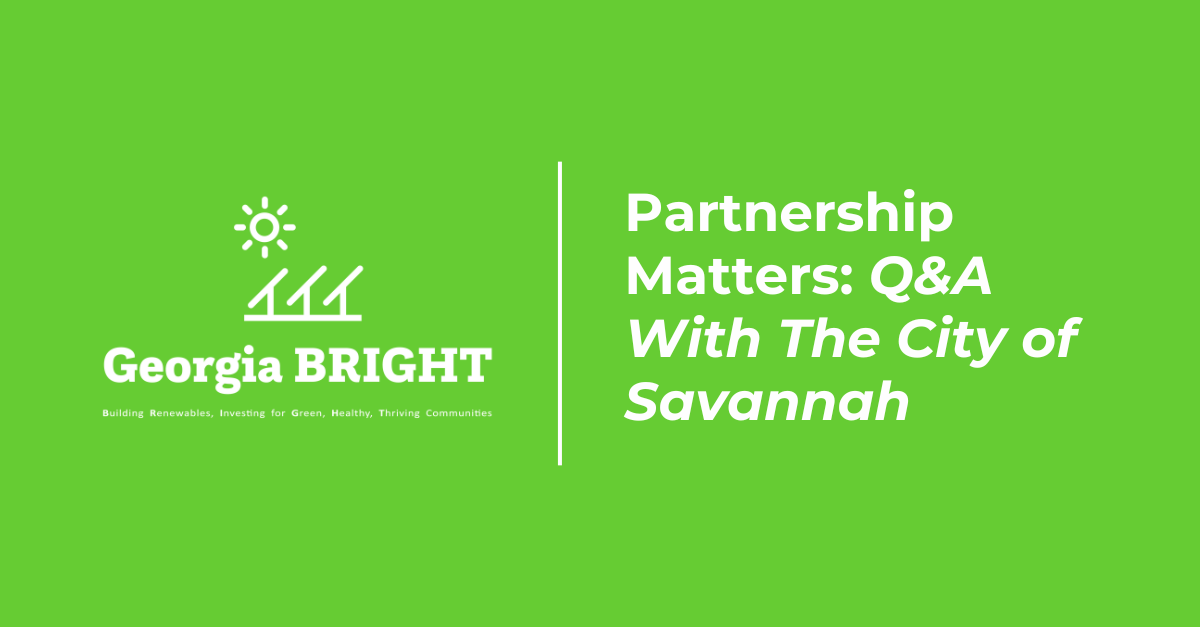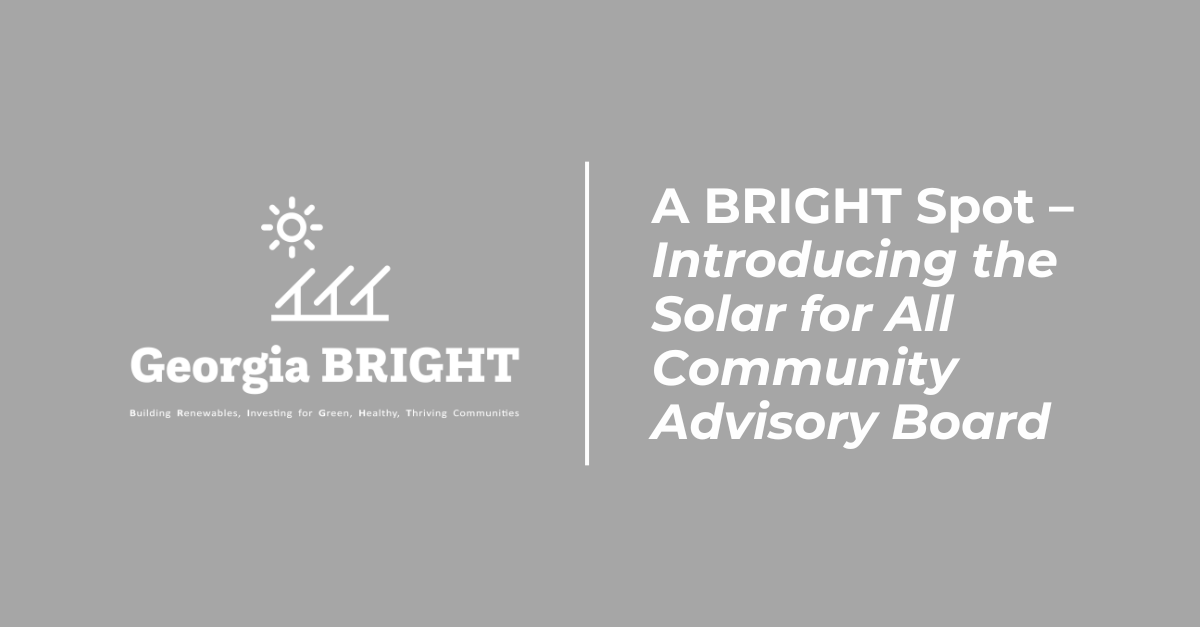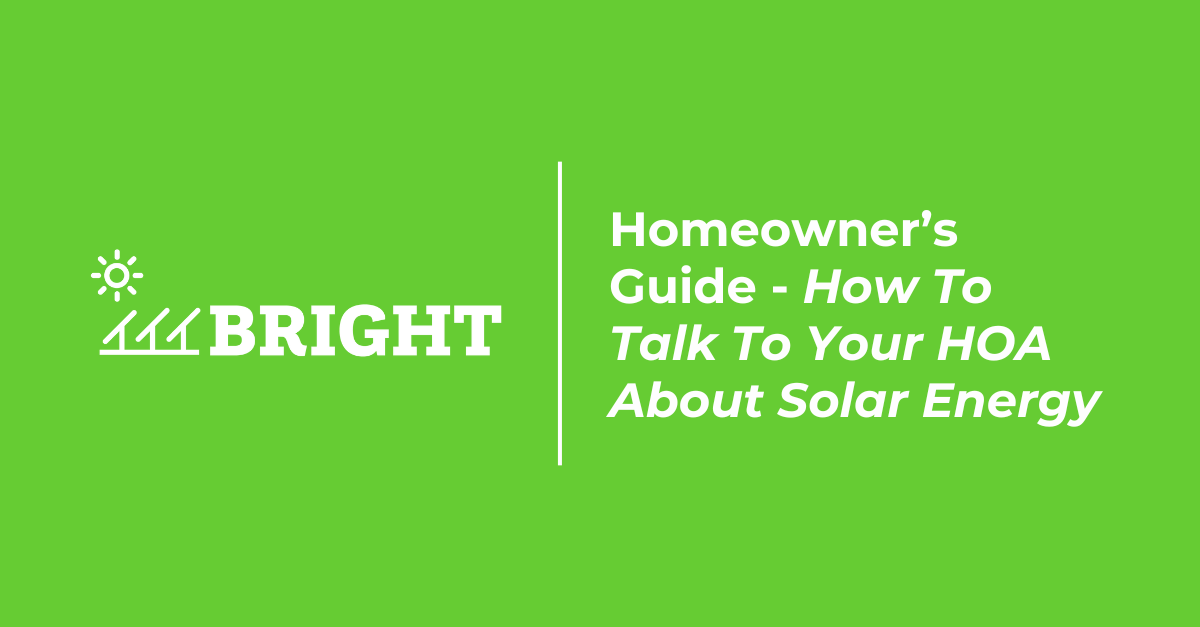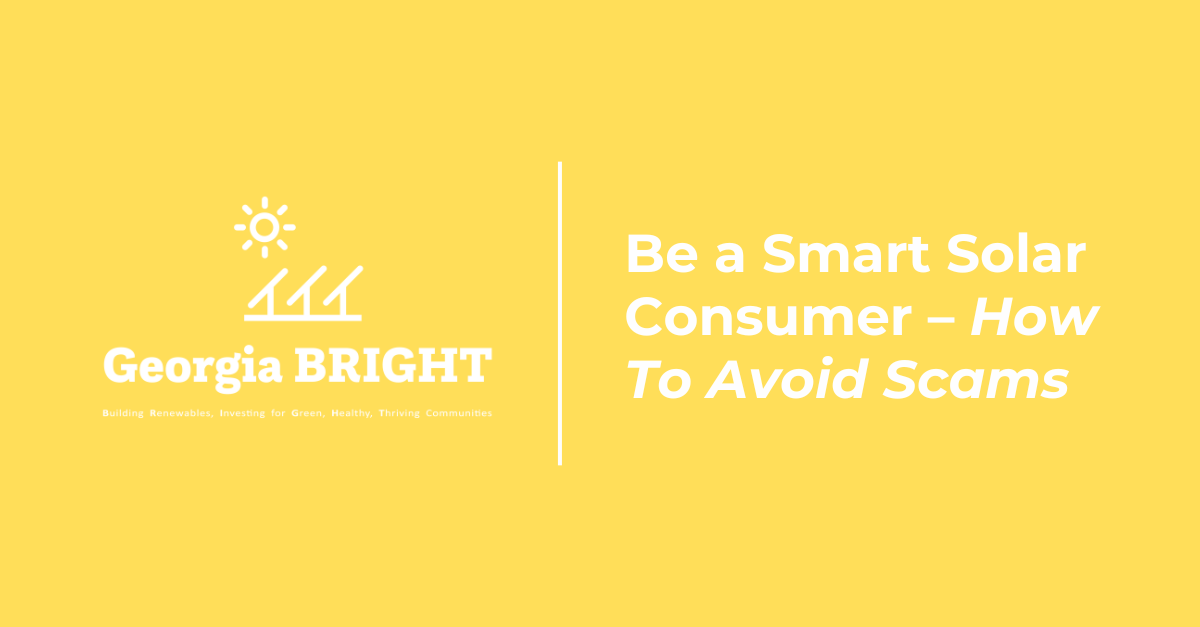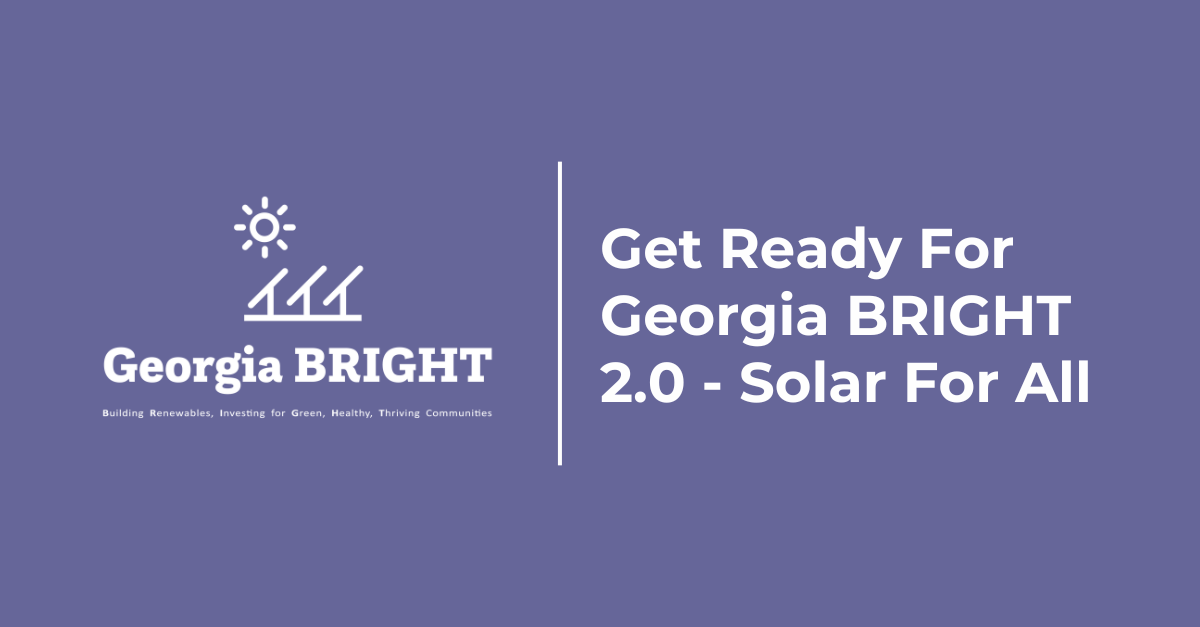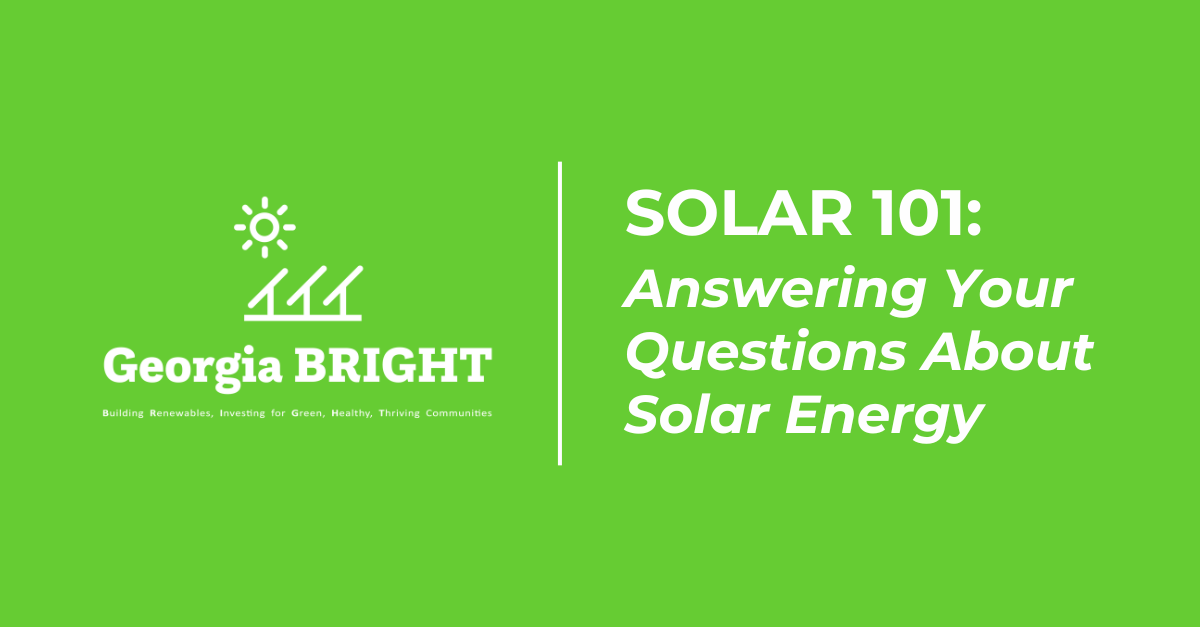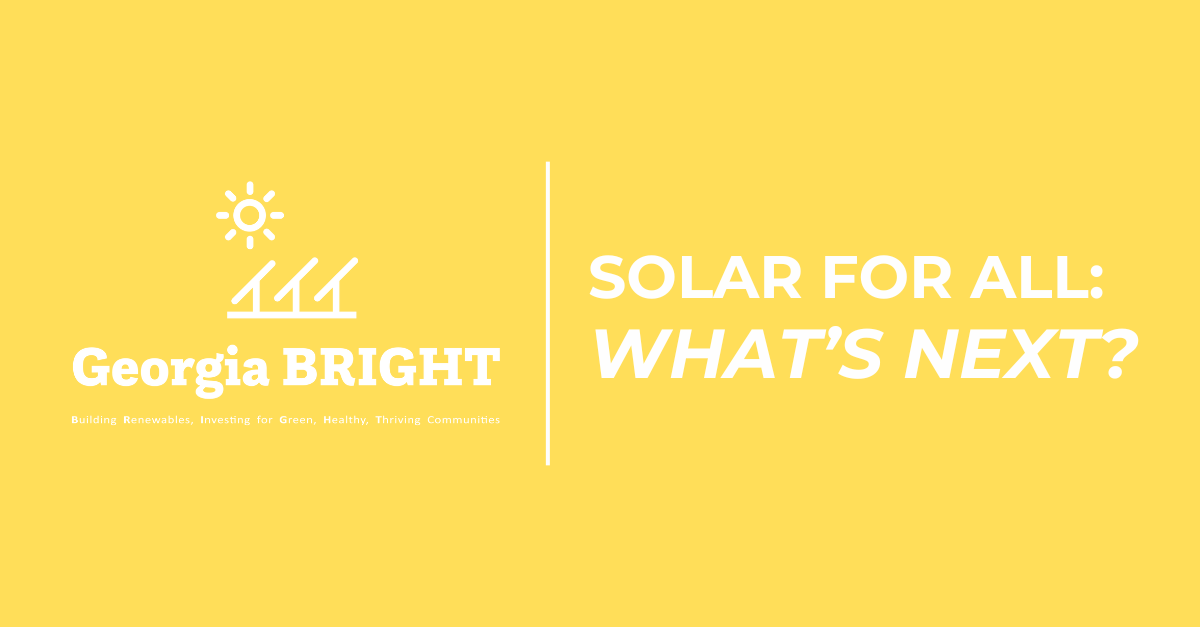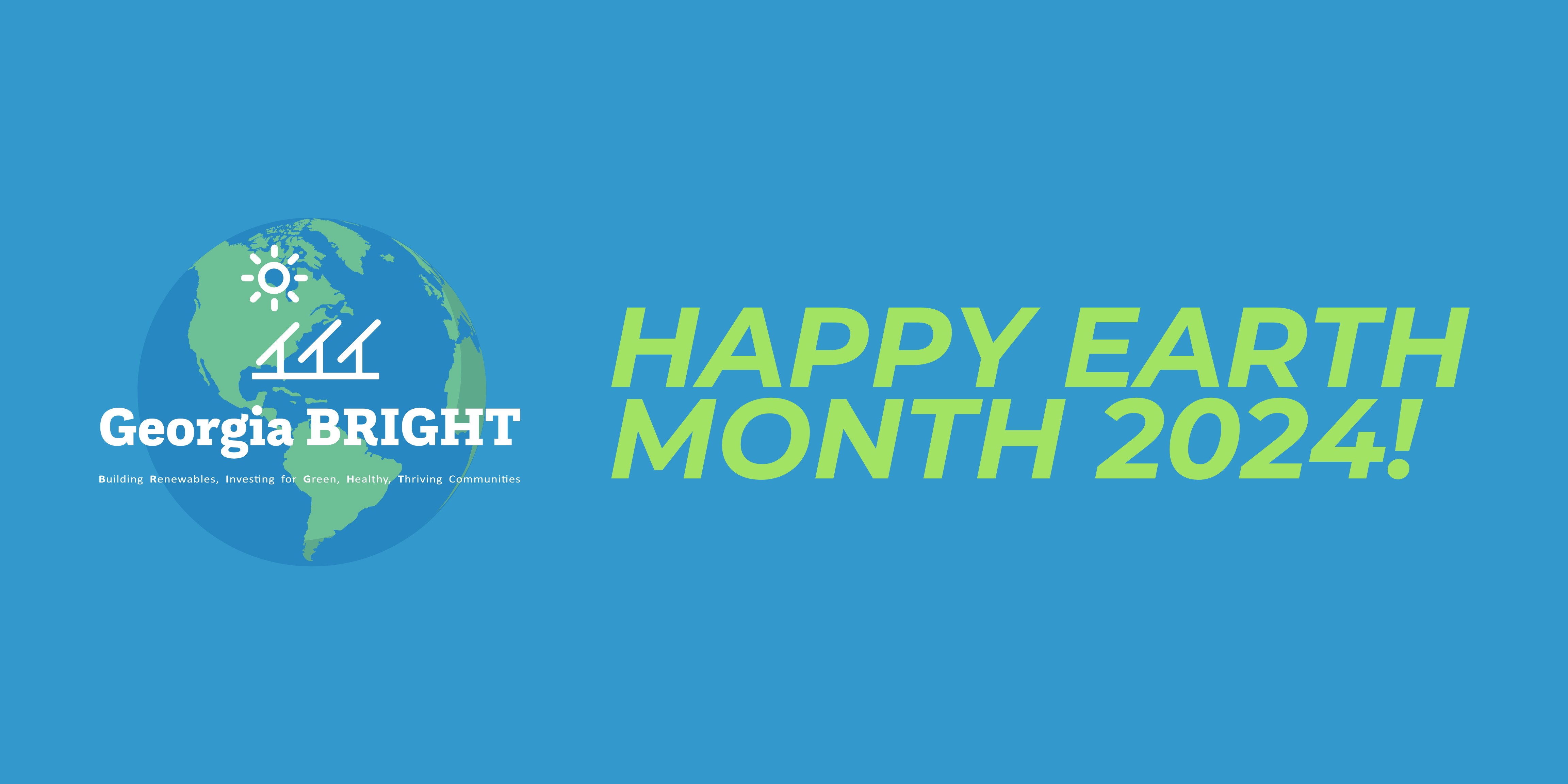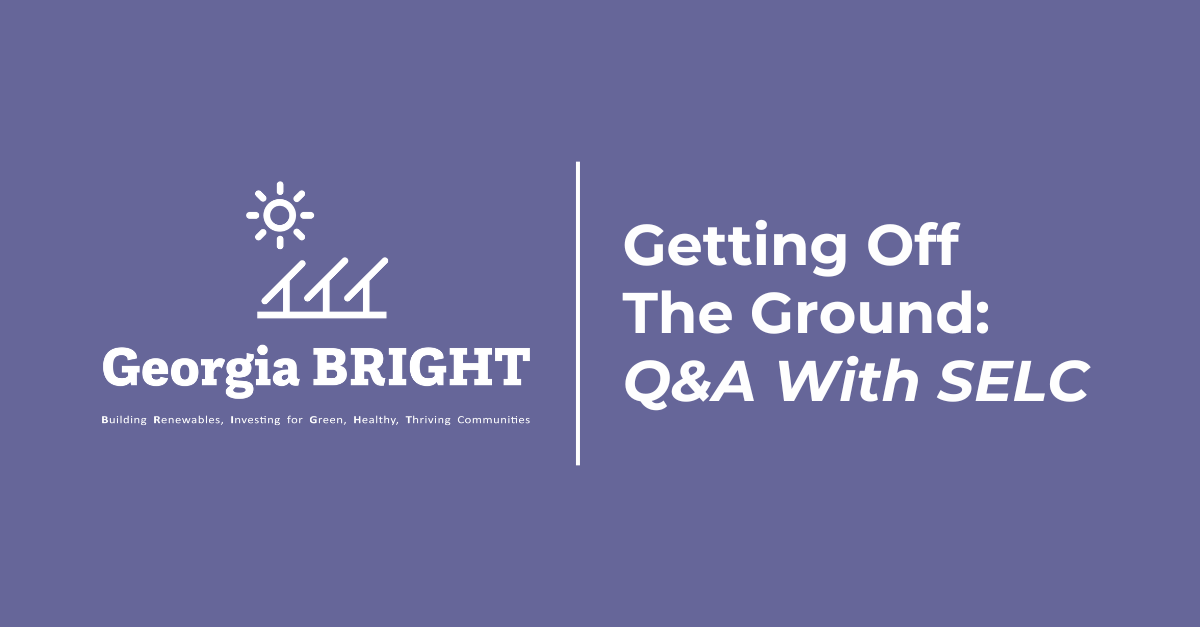We had a conversation with Alicia Brown, Interim Director of Sustainability for the City of Savannah and one of the key members of the team that has helped make Georgia BRIGHT such a success.
How does Savannah’s geography and history impact the city’s energy use?
We have a really hot climate. We use air conditioning probably 11 months out of the year. We usually only have about two weeks to a month when it’s truly cold. Savannah was also one of America’s first cities founded in the 1700’s, so a lot of our housing stock is old and poorly insulated Even for newer homes, building codes don’t require a lot of insulation because insulation is thought of as something you need for cold weather. However, this lack of insulation means that our homes don’t maintain their temperature when we run the air conditioning, so energy bills tend to skyrocket in the summer.
What is the energy landscape like in Savannah?
It is a lot like the rest of the Southeast. We don’t have the most supportive environment for climate action or the clean energy transition. Savannah also has significant energy burdens. We have certain census tracts where the average energy burden is over 20%, and more than 40 Savannah-area tracts meet the definition of energy burden by spending 6% or more of household income on energy on average.
On the solar side, Georgia has had a very limited experience with net metering. We had a 5,000-customer “monthly netting” pilot that ran from 2019 to 2021, but nothing with enough of an onramp to allow residential solar to get established in general, much less for low-income families. And there’s not anything in the form of a renewable portfolio standard to give renewable energy credits value or state tax credits or anything of that nature to make solar easier beyond the net billing program that is in place.
We’re also not in a regional transmission organization, so it’s very tough for local governments like mine that have clean energy goals to pursue even utility-scale renewables. Our utility has substantial control over the entire energy system, so rooftop solar is somehow one of our only options, even though it is not the best one.
What are other energy challenges LMI families face in Savannah?
I think one of the biggest is that if you’re low and middle income, you don’t have the ability to make an investment and wait for a return. If you’re going to participate in solar, you need to have day-one savings that are significant enough that if there’s some kind of forecasting error, or if you have a year of less sunlight than usual, you’re not going to end up worse off than you were before solar. Two other major barriers are that a lot of programs aren’t available to renters and there are barriers to accessing capital at affordable rates, especially if you have a low credit score or no credit history at all
How does Georgia BRIGHT fill the needs of those you serve?
Georgia BRIGHT allows families to go solar at no upfront cost with all maintenance included so they’re not vulnerable to unanticipated costs. More than that, it allows families to go solar without consideration of their credit score, so we can serve households with imperfect financial histories or limited financial histories who would be left out of basically any other program.
Another need that BRIGHT fills is the need to find an honest and qualified installer. We have a lot of con artists going around in neighborhoods, particularly to seniors, and saying, ‘Hey, the federal government will give you free panels’ or ‘Georgia Power will give you free panels.’ And then it turns out those individuals have signed a document saying they’re taking on $60,000 in debt. And in many cases, it’s people who aren’t going to live to see the end of their 25-year loan. With Georgia BRIGHT, we have rigorously vetted our installers not only for their technical qualifications, but for their integrity and commitment to equity, inclusion, and excellent customer service.
How have you helped Georgia BRIGHT get off the ground?
For me, the need for low-income solar has been something we’ve talked about for a long time, and here was an opportunity to do it. I’ve focused my time on it and so has my team. Our role has been to give Capital Good Fund an understanding of the energy landscape in Georgia, especially in Savannah. We were also able to introduce Capital Good Fund to all the different organizations operating in our area such as the Southern Environmental Law Center, Georgia Interfaith Power and Light, Sustainable Georgia Futures, and the Harambee House. I let them know Georgia BRIGHT was a legitimate organization, put my name on it, and encouraged them to give it a try. You’ve got to have that credibility, and people trusted that I had done my homework because they know I have a track record. Also, I personally go to every neighborhood meeting in Savannah to pass out fliers and go to tabling events, so people can ask questions and see that there is a local face behind the news stories
What have been the biggest challenges?
One is that it sounds too good to be true – you’re telling me I’m not going to pay anything? That can’t possibly be true. And the best solution for that is going to be seeing the people who have gone through it and hearing their positive experiences. Another factor is some people don’t feel comfortable having something on their roof that they don’t own, which resonates with people in low-income communities who have been lied to about leases in the past. We address that by talking one-on-one with them and explaining why a lease is beneficial in this particular context due to the tax credits, and we have had some successful conversations that way. Another major challenge is that some households can’t participate because of shading or their home condition, but we’re looking into getting federal funding to help fix those houses and cover services like tree trimming or tree removal if desired by the homeowner
Why should local governments team up with organizations like Capital Good Fund on programs like Georgia BRIGHT?
Local governments have a lot of priorities, and when it comes to making decisions about how to spend limited resources, sustainability is not always at the top of the list. You really have to find other organizations that share your mission, share your commitment, and bring different expertise, and work together to solve some of these problems. Because if they were easy to solve, we would have already done it. Capital Good Fund brings financial expertise, connections to funders, and program administration capacity that we as a local government simply didn’t have. Georgia BRIGHT would not be possible without them, and I am deeply grateful for the partnership.
